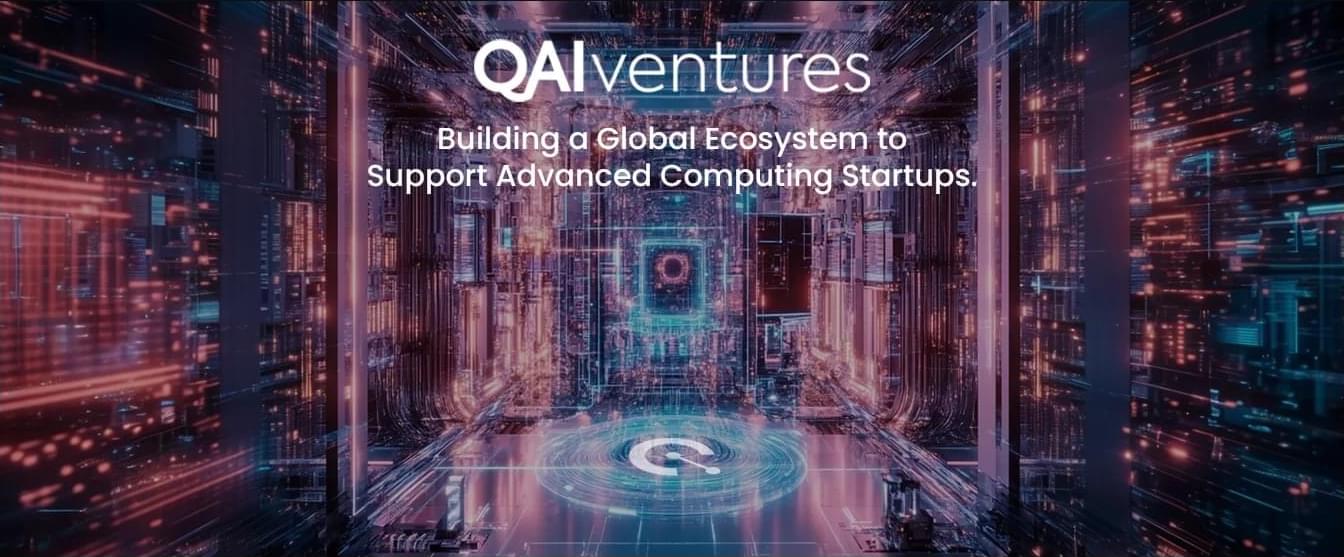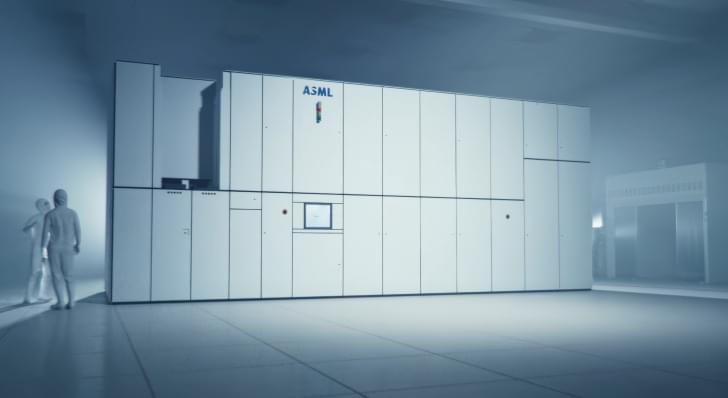Quantum technologies have had a meteoric rise and become a key area of prioritization for governments, academics, and businesses. Government funding commitments total almost $40 billion, while private investments since 2021 total nearly $8 billion. The US agency, National Institute of Standards and Technology, released this year three new post-quantum security standards, which governments classify as ‘critical resources’ for the economy and national defense. Meanwhile, users of quantum technologies experiment with them, from industry applications in drug development and materials science to energy grid optimization and logistics efficiency.
Yet, besides a few areas, such as quantum sensing, practical and impactful quantum technologies haven’t matured for widespread use. However, when combined with classical machine learning, practical use cases emerge.
This article delves into the impact and potential of artificial intelligence and quantum technologies with QAI Ventures, a financial partner and ecosystem builder in quantum technologies and AI, as a potential collaborator for startups to deliver investment, resources, global networks, and tailored accelerator and incubator programs.
This article covers AI and quantum technologies with QAI Ventures, a financial partner and ecosystem builder in emerging technologies.






